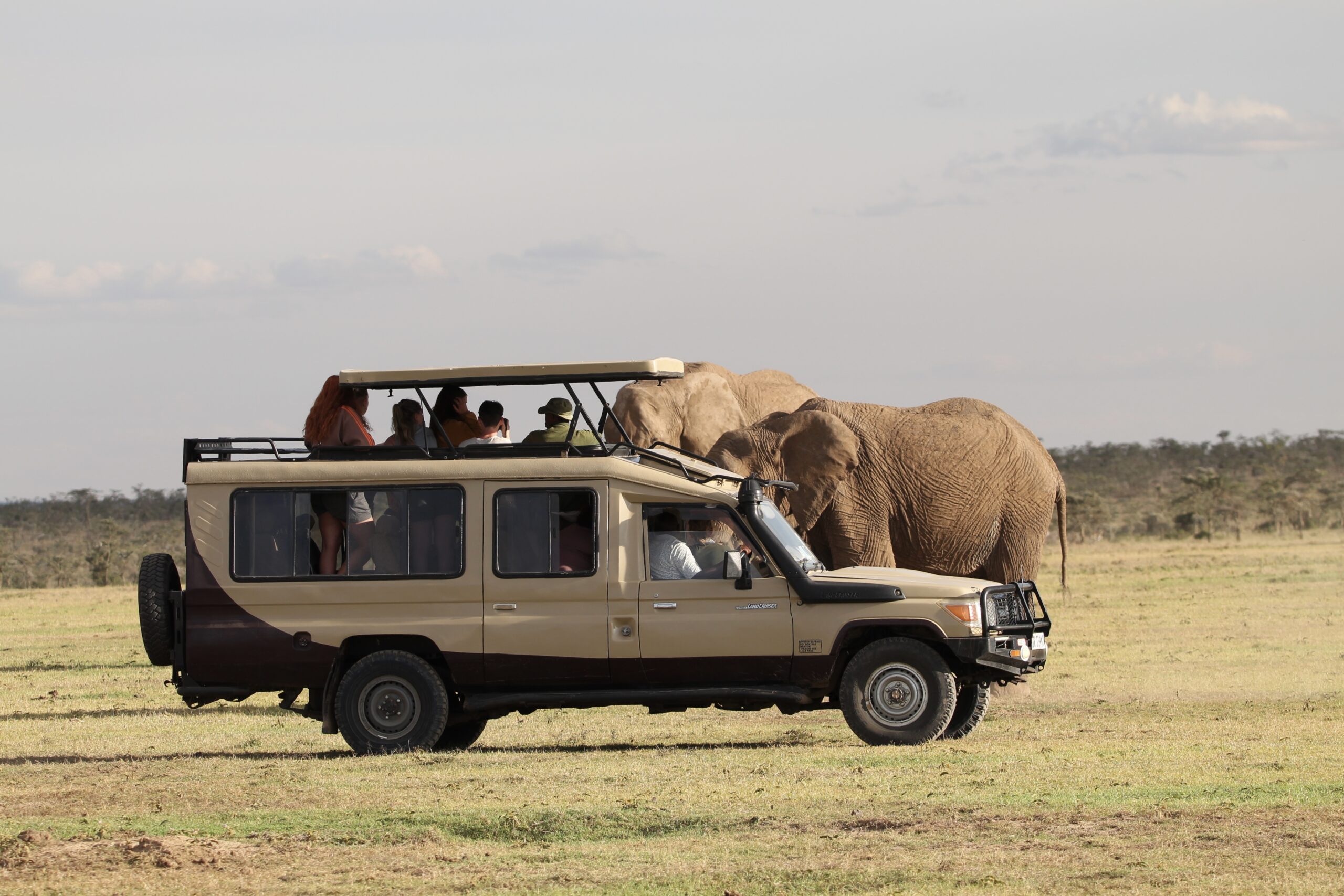Is your ambition to understand animals in the context of their place in ecosystems? If you are interested in learning about the diversity of animal life on the planet, gaining practical skills in animal husbandry and understanding the impact that humans are having on wild animals, a degree in Applied Zoology is for you.
It is more important than ever to understand animals in the context of their place in ecosystems, so this course combines more traditional animal studies with more hands-on field work and animal care.
You will study all aspects of animal biology, from behaviour and ecology to physiology and welfare. You will be able to apply this knowledge in a variety of practical situations: animal husbandry, labs and field work. There is also a focus on wild animal health which explores diseases in animals from a global scale to the animals in rescue and rehabilitation centres.
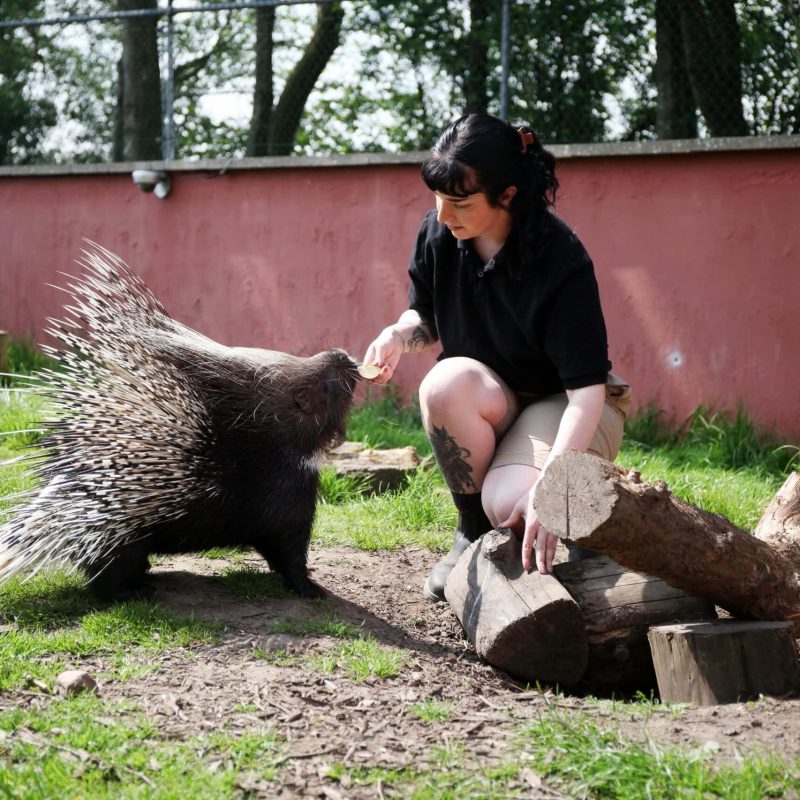
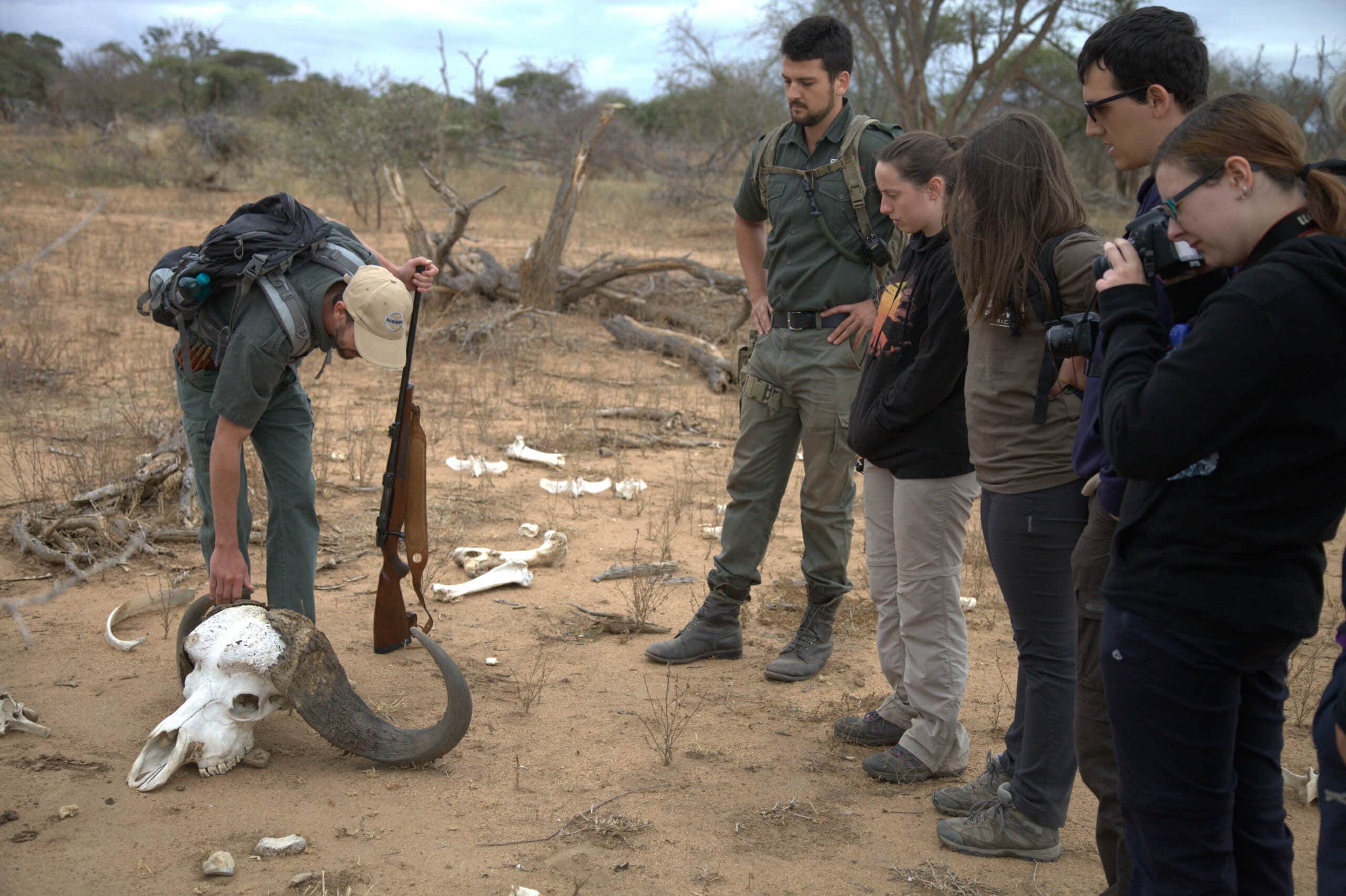
Teaching staff on our Applied Zoology degree bring their wealth of experience from working in zoos, ecological consultancy and conservation expeditions to the lecture theatre. Their first-hand knowledge will give you an insight into the type of careers you could pursue, and the opportunity to explore your interests in more depth.
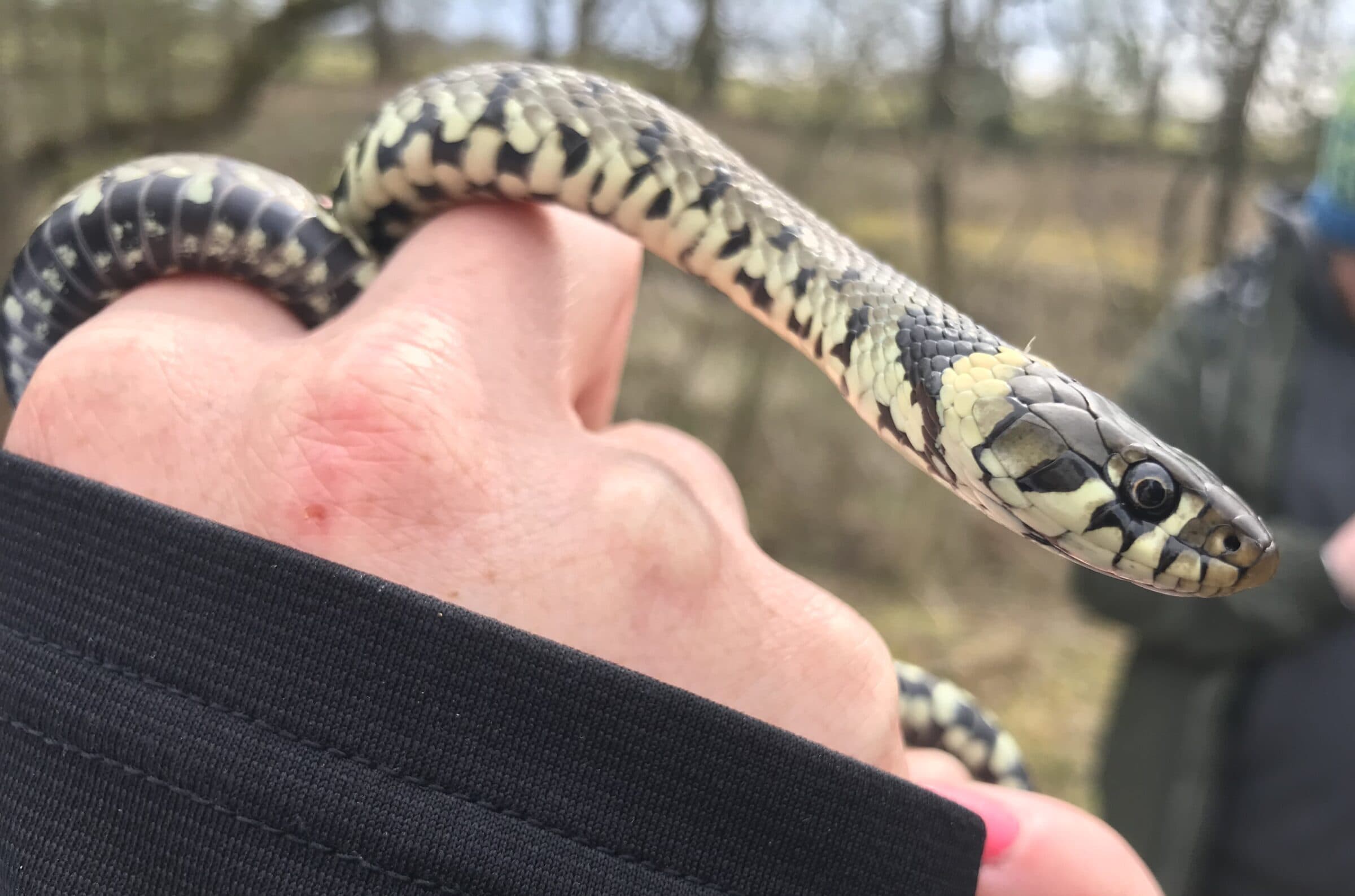
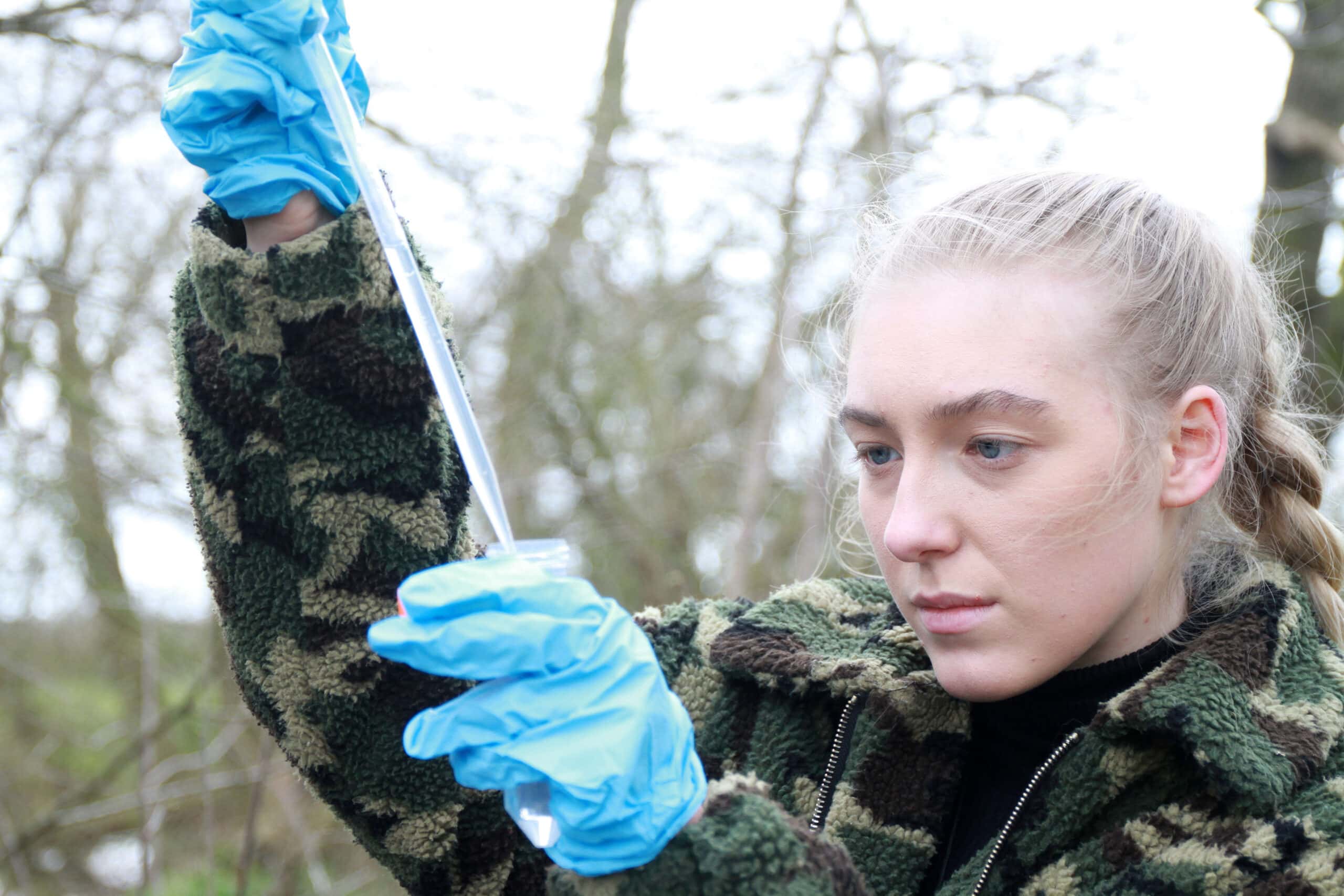
Zoologist
Conservation researcher
Animal technician
Science writer
Wildlife rehabilitator
Zoo learning officer
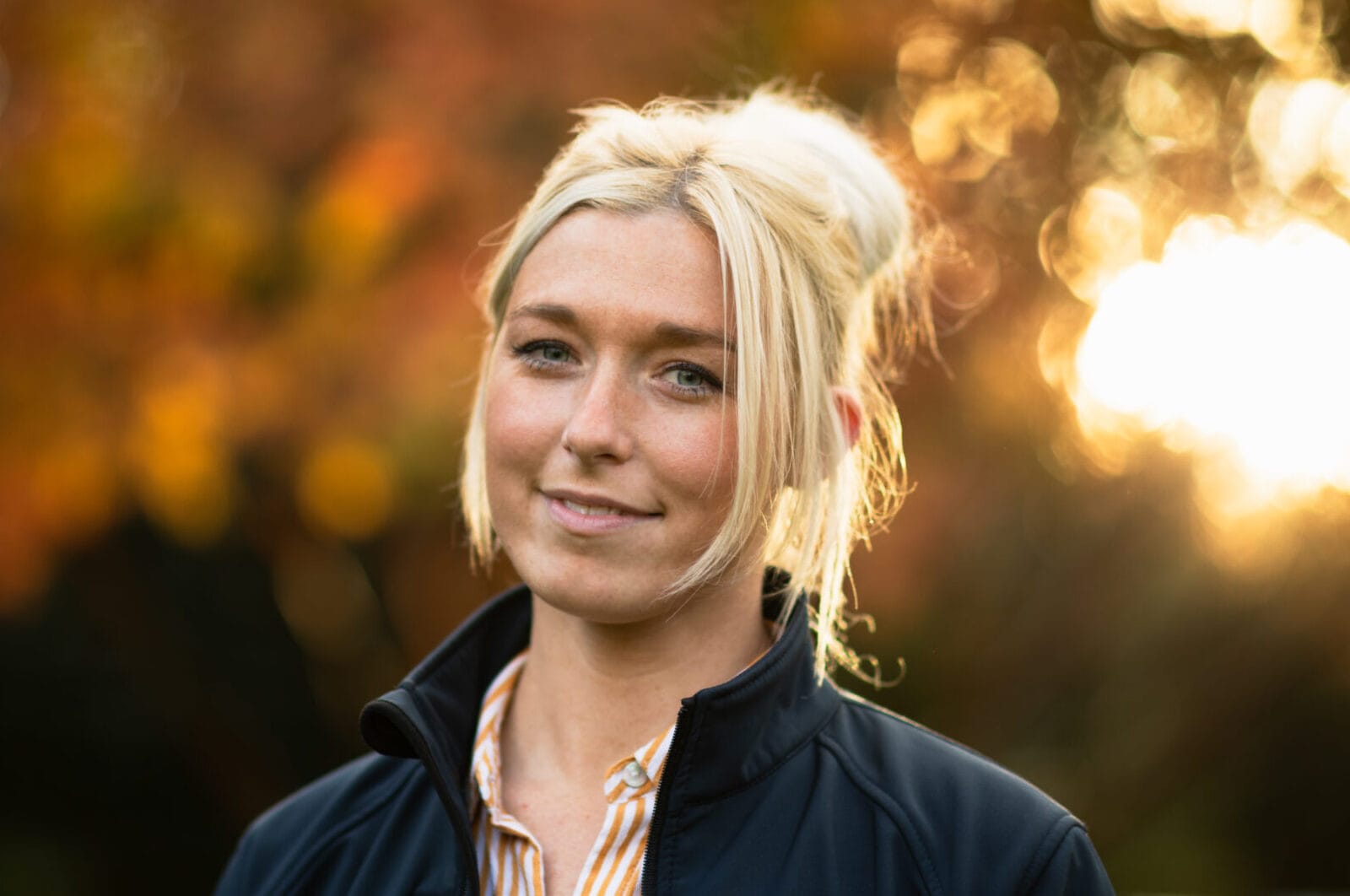
In this video, Programme Leader Ellie Rose tells you more about the three-year BSc (Hons) Applied Zoology degree programme, including some of the modules you will study, highlights of the course, careers you could go on to, and much more.
In the first year of your BSc (Hons) Applied Zoology degree, you will gain an insight into both conservation biology and animal husbandry, combining hands on practical experience with a range of exotic animals with an insight into their lives in the wild. You will develop your knowledge of behaviour and physiology as a foundation for later specialisms.
During your second year, you will further explore the animal in its environment, studying physiological adaptations and behavioural ecology. Together with the study of insects, you will have the option of focusing on zoo animals or wild animals.
For your final year, you have ample opportunity to tailor the programme to your own interests, selecting animal groups of interest, and discussing current issues in the areas of wildlife conservation or human animal interactions.
A core component of the course is the completion of an undergraduate dissertation, enabling you to research an area of zoological study that interests you and to develop a wide range of transferable skills.
From this course, you could progress into further research, such as a MSc or PhD programme, or move into industry. The skills you would gain would enable you to pursue a career as a zoologist, conservation researcher, animal technician, science writer, or wildlife rehabilitator. You could work in governmental organisations or NGOs such as the RSPB or Wildlife Trusts, or become learning or research officers for zoos or wildlife parks.
A minimum of 96 UCAS points from one of, or a combination of, the qualifications below, ideally in a science-based or relevant subject:
Non-standard entry: applicants aged 21 years of age or over without standard academic qualifications may be able to demonstrate considerable vocational experience and transferable skills. Their applications will be viewed on an individual basis to assess suitability. Any applicant who has not received certification for prior learning experiences, but has worked within the discipline, will also be considered. In some instances, applicants may be asked to attend an interview or complete a written assessment to support their application.
Contextualised Admissions: to support access and participation in Higher Education, University Centre Reaseheath operates a contextualised admissions policy, which allows reduced offers to be made to students with certain characteristics and/or social background. Further information can be found in the UCR Contextualised Admissions Policy, available on the website.
International Students: This course is not accepting applications from students requiring sponsorship for a Student visa. If you do not require sponsorship please contact UCRAdmissions@reaseheath.ac.uk for further information.
*Denotes optional modules.
* Denotes optional modules.
† Dissertation is a double-weighted module, worth 40 credits. Therefore, only five modules are selected for study at Level 6 (Year 3).
Please note that availability of optional modules is subject to availability of subject-specialist staff and the recruitment of the minimum viable student number. Should a module not be deemed viable for operation then all students who selected that module will be communicated to in writing in advance of the academic year and will be informed of the alternative options available to select from.
Overall workload
Your overall workload consists of class contact hours, independent learning and assessment activity, plus field trips. Your actual contact hours may depend on which optional modules you select, but the following information gives an indication of how much time you will need to allocate to different activities at each year of the course:
Year 1:
30% of your time is spent in timetabled teaching and learning activity
Teaching, Learning and Assessment: 360 hours
Independent Study: 840 hours
Year 2:
22% of your time is spent in timetabled teaching and learning activity
Teaching, Learning and Assessment: 252 hours
Placement: 100 hours
Independent Study: 848 hours
Year 3:
15% of your time is spent in timetabled teaching and learning activity
Teaching, Learning and Assessment: 174 hours
Independent Study: 1026 hours
Class sizes average between 10 – 60 for modules exclusively delivered on the programme. For those modules offered across several programmes, class size could be as high as 80 individual learners.
Assessment Methods
We design a wide range of assessments that will help you to develop industry standard skills and knowledge. In your first year, the assessments consist of a combination of timed online assessments, of multiple-choice questions and short essays, practical assessments and presentations and written coursework. This written coursework can be in the form of reports, essays or posters, depending on the module. For Husbandry and Handling, there are assessed practical sessions, reflections and talks. For
For Introduction to Scientific Communication, there are quizzes based on the application of statistical software.
In your second year, there will be some variation, depending on the optional modules chosen, but there will again be a combination of timed online assessments and written coursework. This coursework may take the form of essays or case studies, or be based on laboratory practical sessions. For Experiential Learning, you may be creating a reflective blog, while for Research Methods, you will be writing a proposal and using statistical software to analyse data.
In your third year, the dissertation is assessed through a written proposal and scientific article which represents the research carried out by the student. Other assessments include a species management plan for the Biology and Conservation modules, and a seminar for Anthrozoology.
Feedback
Opportunities for verbal and written feedback will be provided throughout the programme. Feedback may be formal and informal in nature to support a students progress and achievement. This feedback will help students to monitor their progress and strive to improve where appropriate. Written feedback on graded work is often supplied via Turnitin or directly from the module tutor. The majority of assessment submissions are made via Turnitin and feedback for coursework is provided within twenty working days after the submission date.
Written feedback will be supported verbally should the student require clarification. Formative assessment feedback will be provided at the time of completion where possible, with more detailed summative feedback for reports.
Students will be able to access course timetables for the academic year in September.
Timetables are subject to change, but most students can expect to spend four days per week on campus in their first year, three days in their second year and two days in their third year.
Tuition Fees
As a student at UCR, you will have two main costs to meet; your tuition fees and living costs.
Our full-time tuition fees for UK and EU students, entering University, can be found on our student finance page. These fees are charged for each academic year of a course and are set by the college annually.
Tuition fees for international students can also be found on our student finance page.
Additional Costs
Students will be offered the chance to engage in both domestic and overseas learning opportunities with which to enhance their classroom-based learning experience. Here, students will have the option to undertake overseas study for academic credit in year 2 of the programme, or simply participate for experiential purposes. These may include opportunities to undertake conservation field courses within locations such as South Africa, Central America and the UK.
The main emphasis placed on these field courses is the development of professional, industry relevant skills and the application of students’ knowledge in a novel, stimulating, yet challenging environment. Costs associated with the field courses range from £500 – £1200 (UK), and between £2,200 – £3,000 (Central America & South Africa). Please note that precise pricing of all field courses is subject to change, pending availability and recruitment.
Students may also wish to purchase their own personal copies of recommended set-texts to assist them with their studies. A full list of recommended text’s is made available prior to enrolment. However, our campus library boasts sufficient stocks of all major texts to support student learning, frequently in e-book format, and the purchasing of texts is therefore not enforced.
Equipment Costs
Prices of equipment are subject to change dependent on retailer.
Apply directly through UCAS
BAZ1
A minimum of 96 UCAS points
September 2025
Full-time: 3 years
Here you will find useful information about the services and support available at University Centre Reaseheath. Click to expand each item:
University Centre Reaseheath is committed to providing additional financial support to those who need it. To find out about the bursary schemes available visit our additional financial support page.
For students to get the best out of their time at University Centre Reaseheath, we must both recognise that we owe obligations to each other. These obligations are set out in our UCR Student Contract. Before you accept an offer of a place at University Centre Reaseheath, it is important that you read these contract conditions. If you are going to be living in Halls of Residence, you will also need to read the Student Accommodation Licence Conditions. Both of these contracts can be found here.
Click here to view the University Centre Reaseheath Student Protection Plan.
All UCR students are given the opportunity to apply for residential accommodation. First year students are guaranteed accommodation and this offer is made to all applicants who live more than a reasonable daily travelling distance from Reaseheath (providing you have applied before the UCAS equal considerations deadline. For full details on our halls of residence visit our accommodation page.
We have a team of dedicated professionals on hand to offer you support. These include our Student Services Team, Inclusive Learning Team, Library and Learning Resources Team and the Reaseheath Careers Service. You can find more information on the support provided at Reaseheath on our support page.
University Centre Reaseheath is proud to welcome international students. For more information, please visit our international students page.
